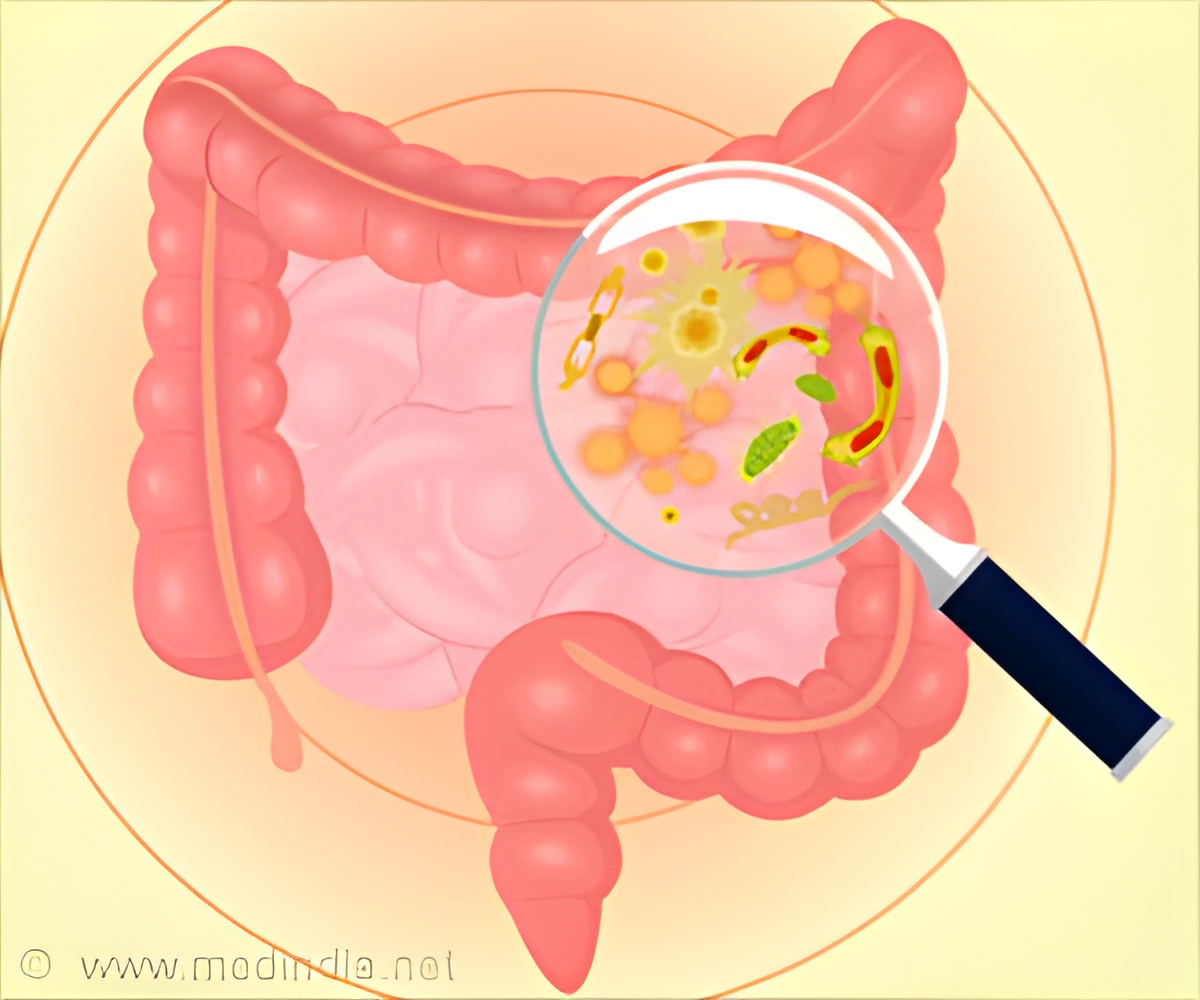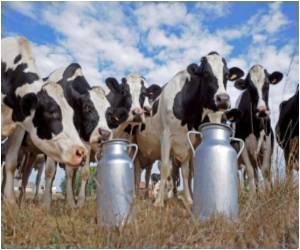AGORA, a computer model for each bacterial strain can now be used on to simulate metabolic processes taking place in the microbes.

‘The AGORA enables to the study the impact of host-microbiome interactions in specific diseases or to use them in the emerging field of personalized medicine.’





The researchers gathered all known data on the metabolism of 773 bacterial strains -- more than ever before. Working from this data, they developed a computer model for each bacterial strain. This collection, known as AGORA, can now be used on the computer to simulate metabolic processes taking place in the microbes and to investigate how they affect the metabolism of other microbes and that of the human host. The bacterial species living in the human gut not only help us to digest our food, but also produce valuable vitamins for us and even affect the way we metabolise drugs. The metabolic processes of these bacteria are crucial to our health, and are highly complex: The bacteria are in constant contact with our gut cells, and the different organisms continually influence one another. Thus, they play as important a role in our health as they do in numerous diseases.
Despite many advances in science, our knowledge of these microbes is still limited. To improve our understanding and to aid novel discoveries, the research team led by LCSB scientist Prof. Dr. Ines Thiele, head of the "Molecular Systems Physiology" group, has now created the most comprehensive collection of computational models for 773 different gut microbes, capturing their individual metabolisms, called AGORA.
"AGORA is based on a new concept for the comparative reconstruction of bacterial metabolic models," says Ines Thiele: "It allows the analysis of a much greater number of bacterial strains than was ever possible before. With AGORA, and by including other datasets, we can systematically study the metabolic interactions within the gut microbiome and how these interactions are influenced by external factors, including the diet and host metabolism."
The first author of the study, Stefania Magnusdottir, is currently doing her PhD degree in Ines Thiele's group at the LCSB: "The basis for our paper was a thorough investigation of the literature on microbial metabolism," she explains. "We gathered known experimental and genomic data on the metabolism of 773 bacterial strains to refine and validate the computational models.
Advertisement
"With our models, we can search, in a targeted manner, for metabolic pathways that are fundamentally important to the microbiome in the gut, and we can work out what could trigger diseases when these metabolic processes go wrong," says co-author Dr. Ronan Fleming, who leads the Systems Biochemistry group at the LCSB.
Advertisement
For Ines Thiele, the high degree of precision is not an end in itself: "We want to understand how the microbes modulate human metabolism when we modify our diet. This may give us clues as to how we may prevent, or even treat, diseases, for example by identifying dietary supplements that could modify the interactions within a diseased gut microbiome to imitate the metabolic functions of a healthy one."
Source-Eurekalert












